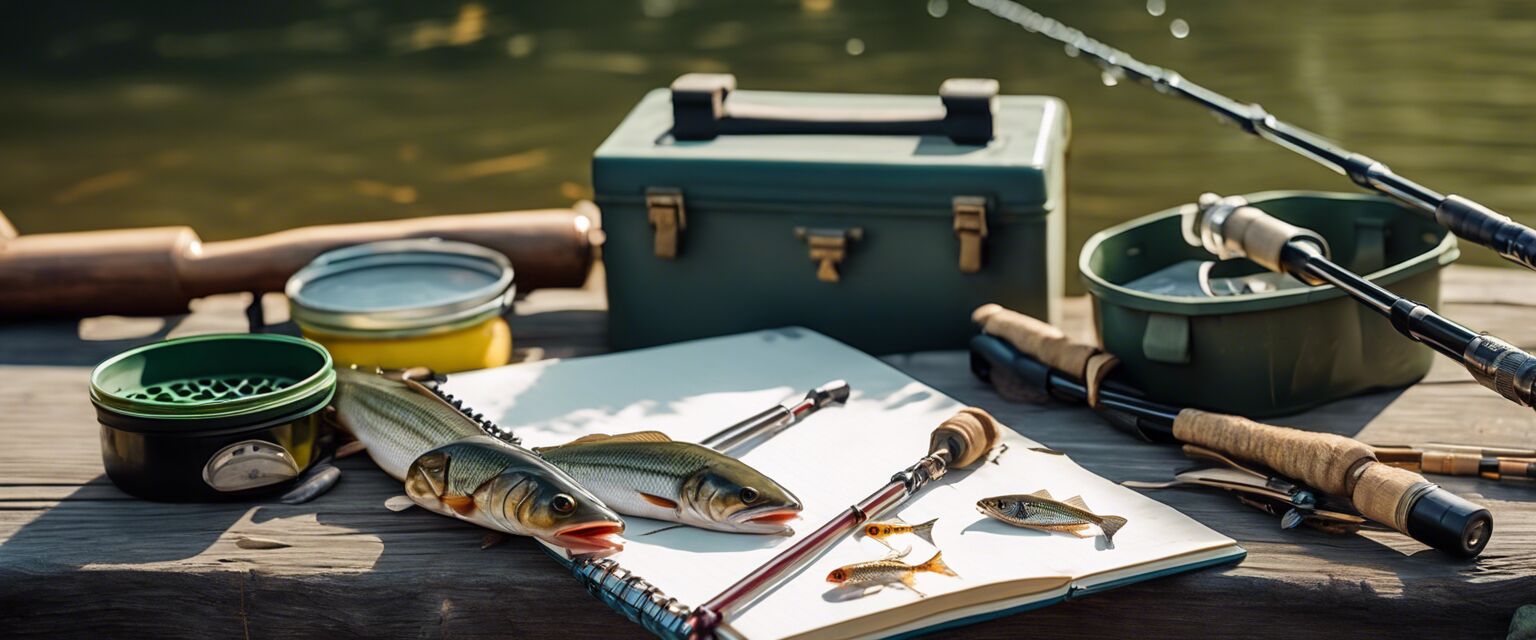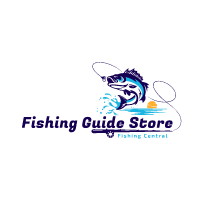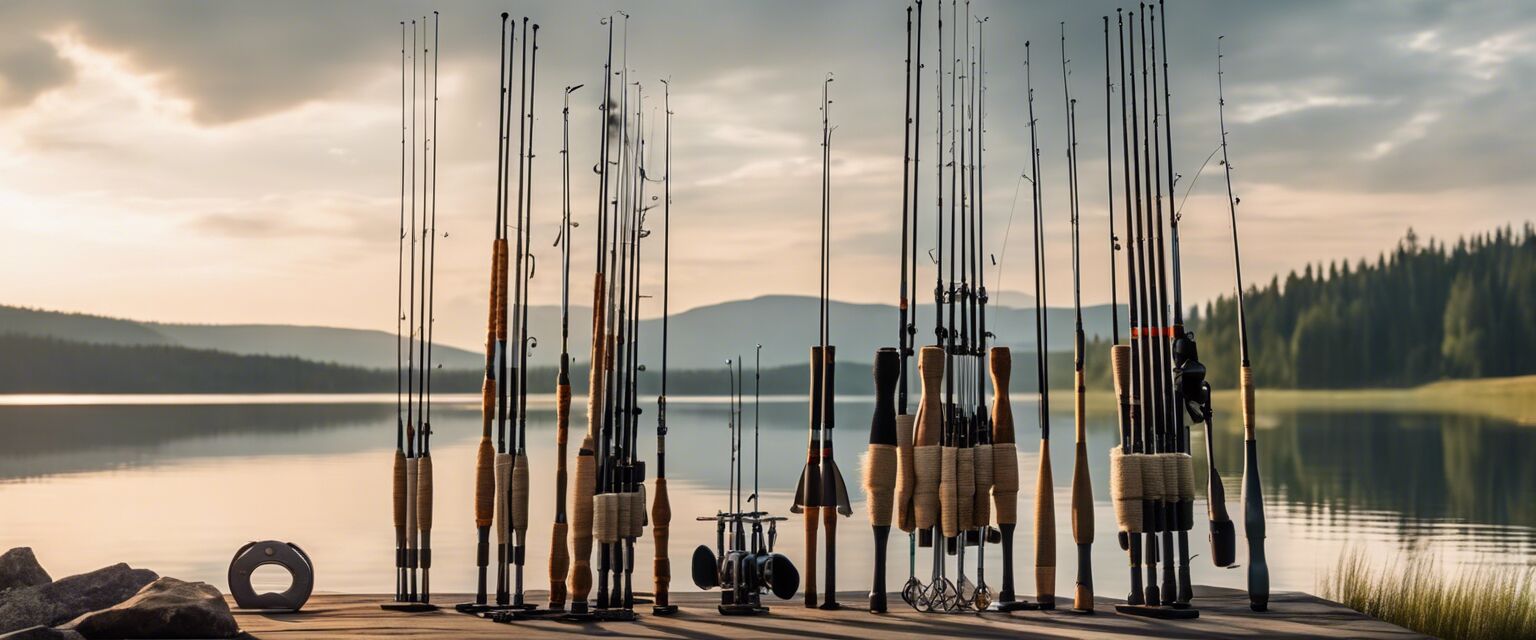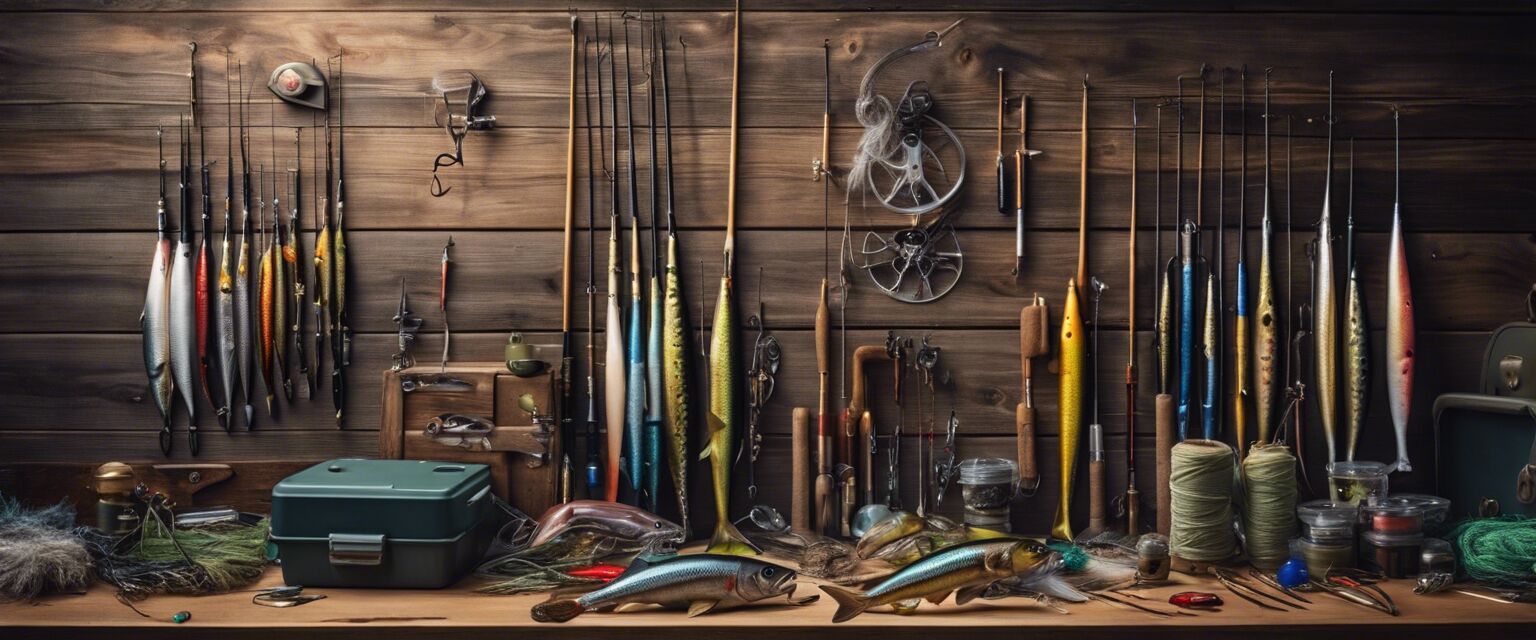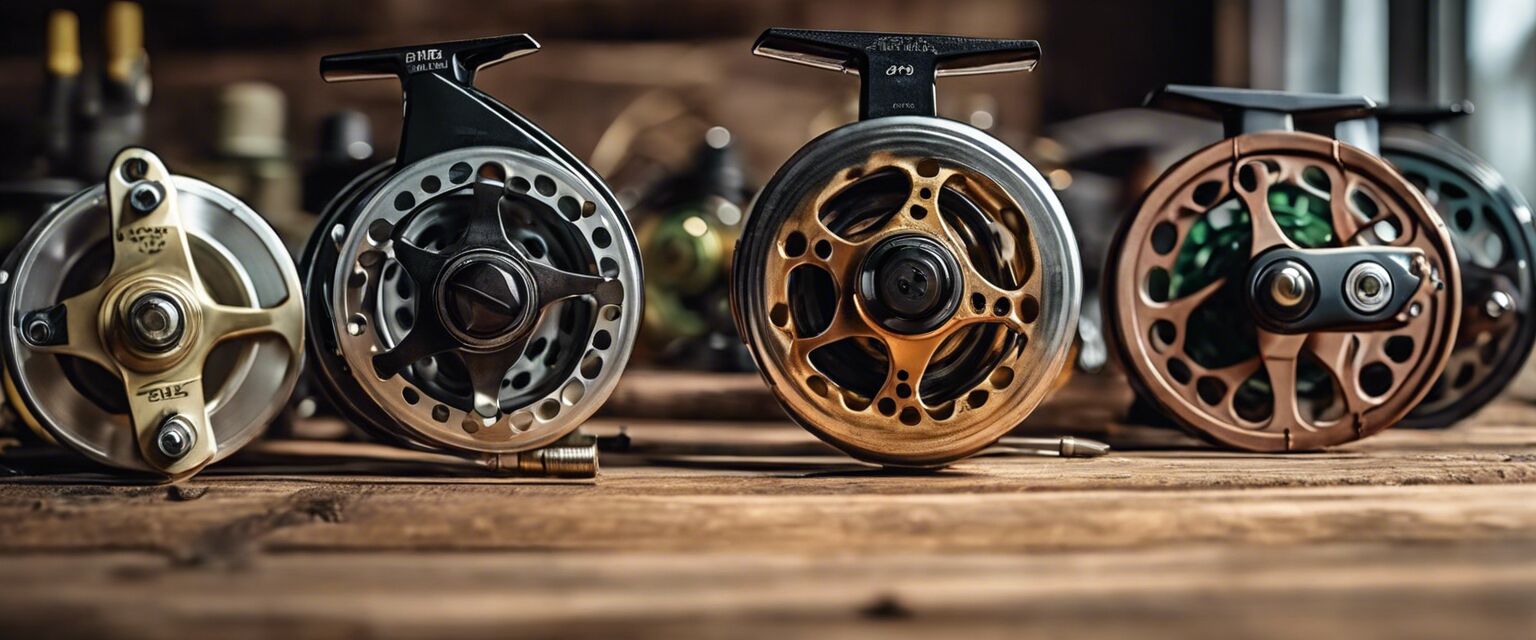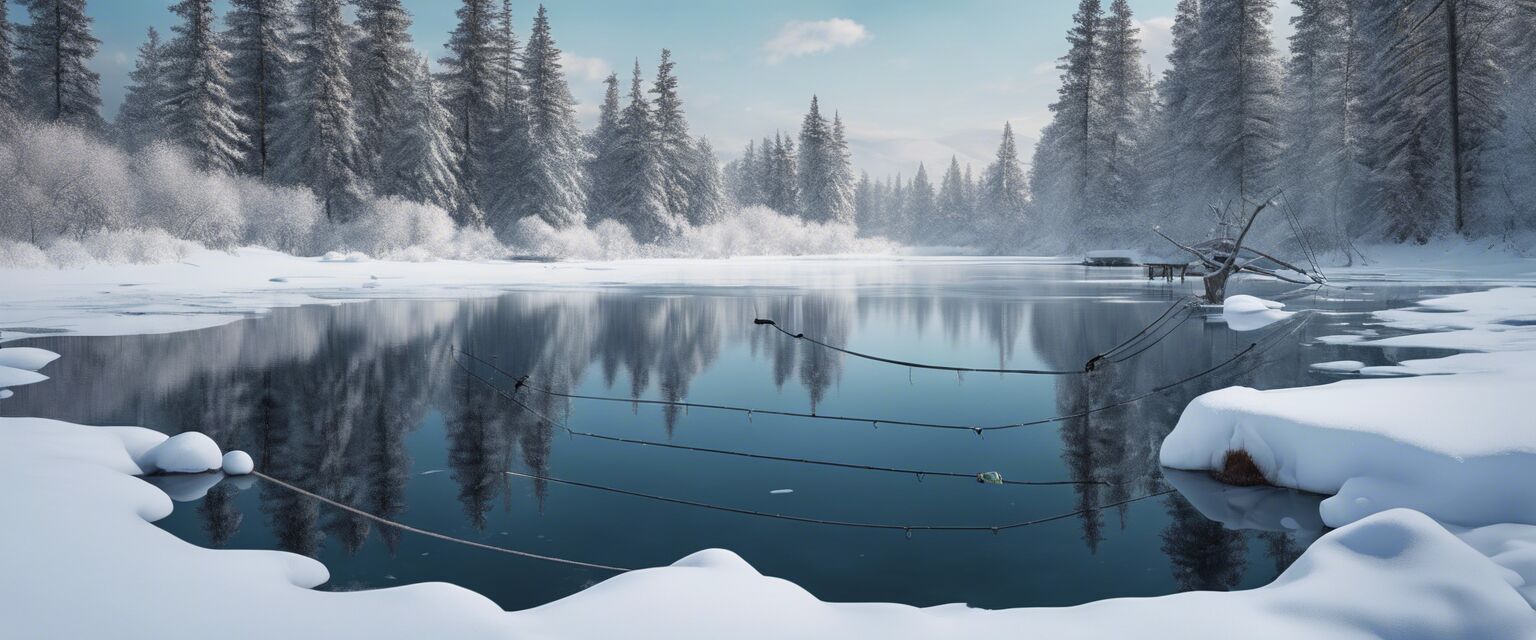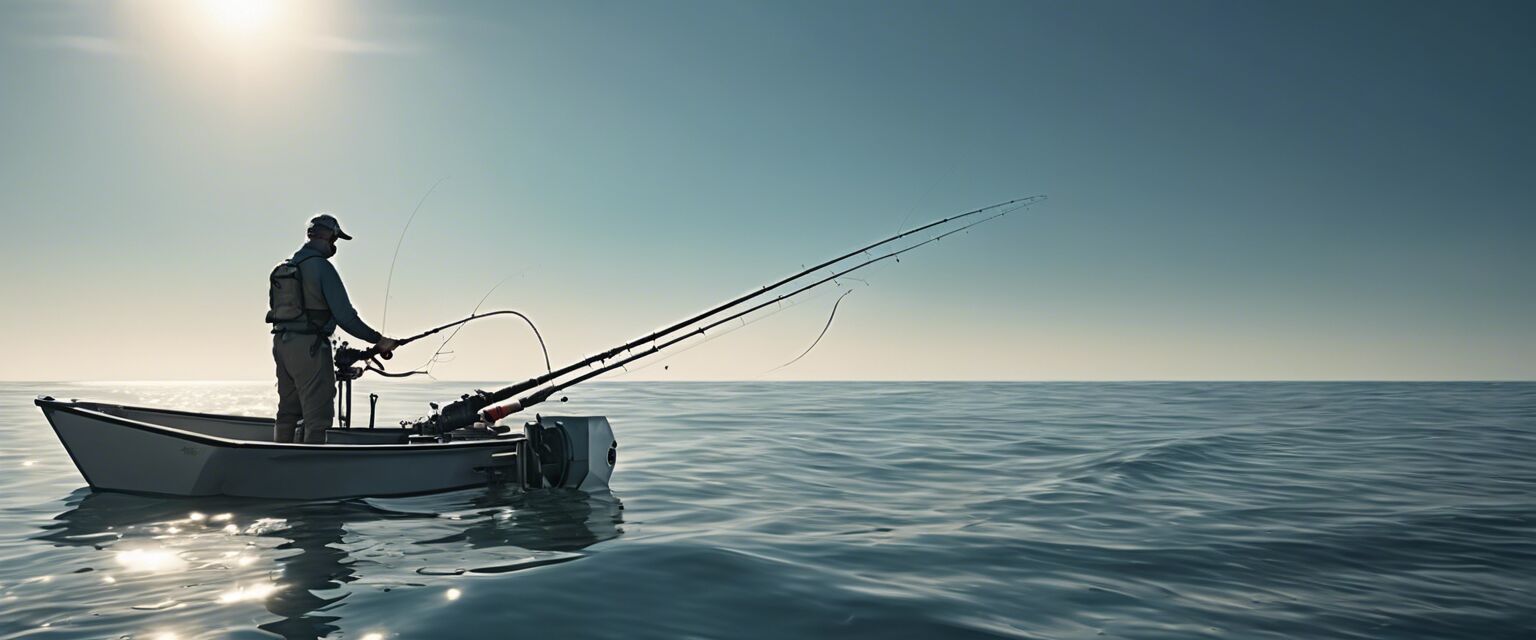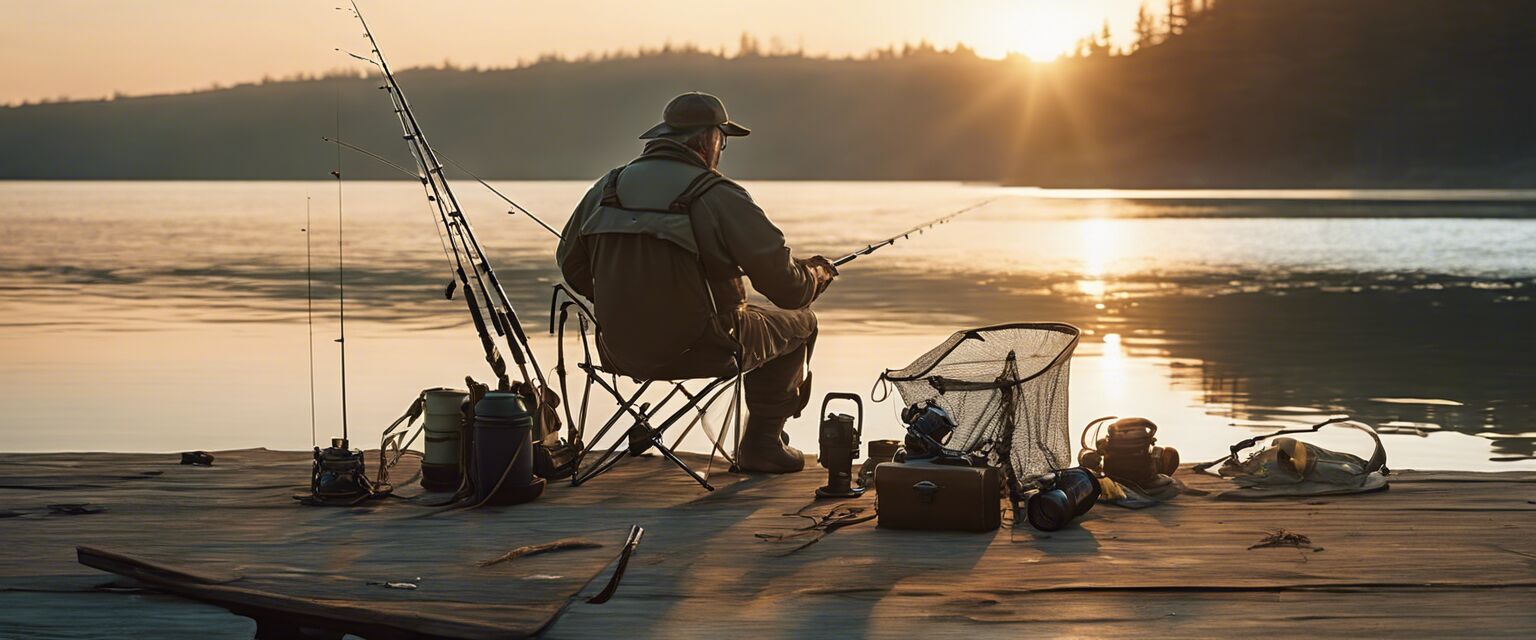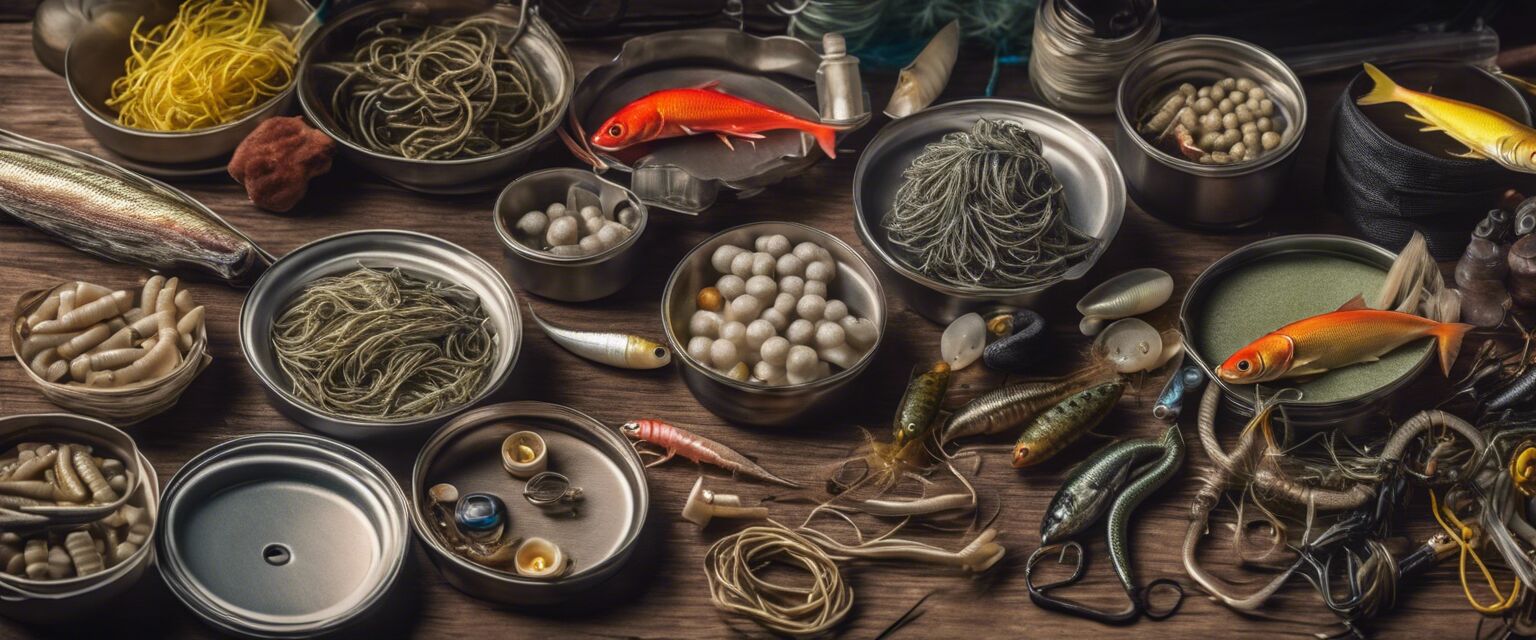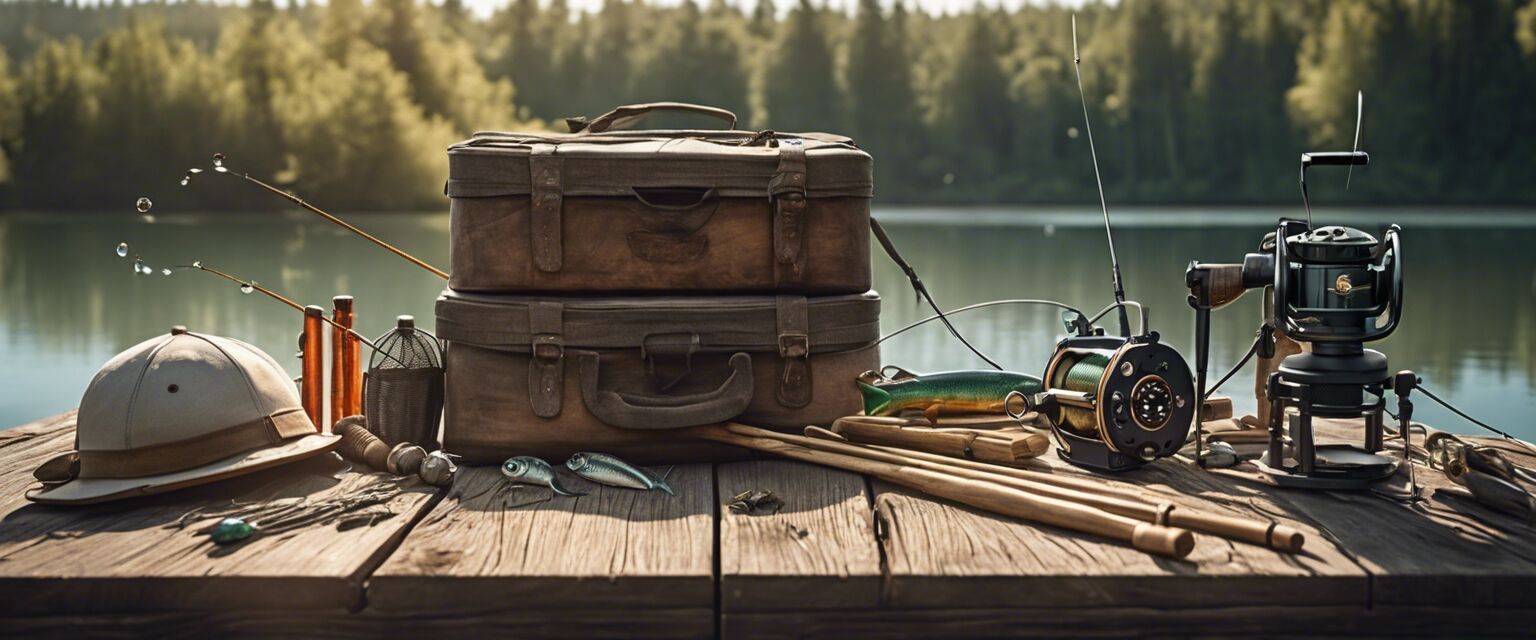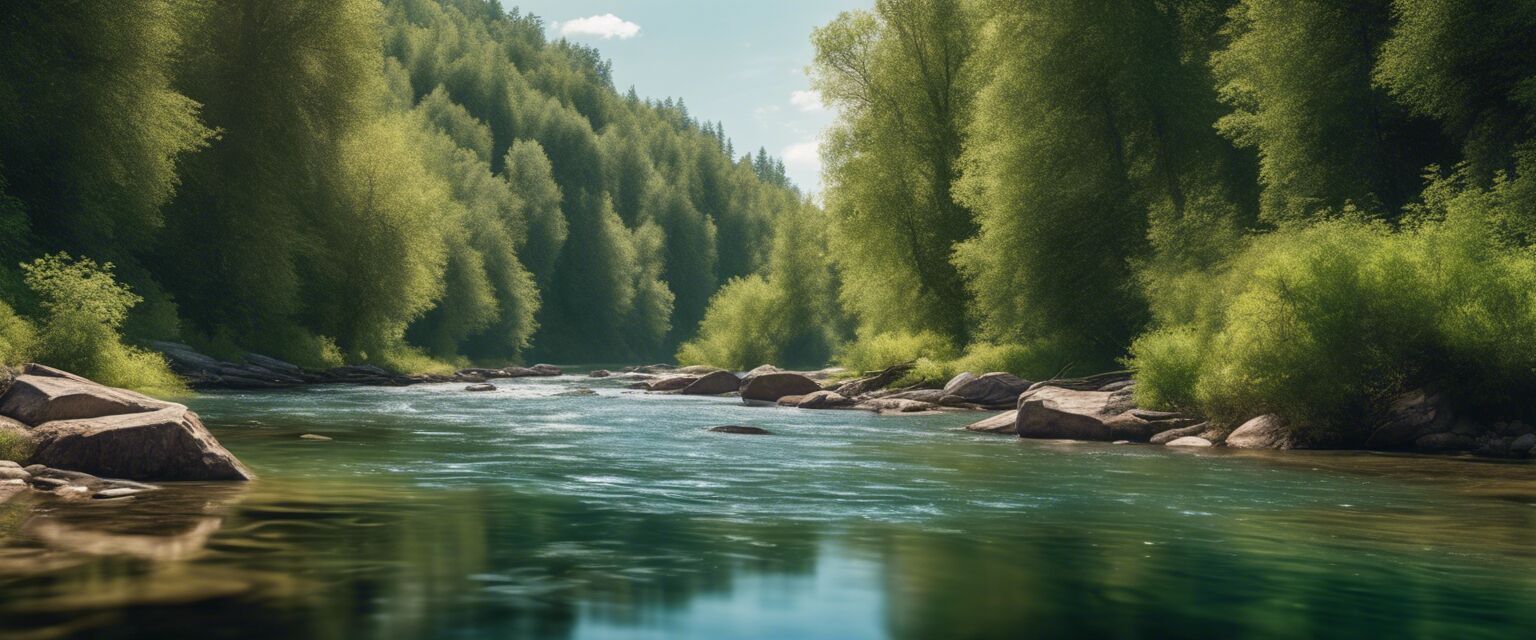
Freshwater Fishing
Key Takeaways
- Understanding freshwater fish species is crucial for successful fishing.
- Top equipment includes fishing rods, reels, and bait tailored for freshwater conditions.
- Consider local regulations and sustainable practices in your fishing activities.
- Master various casting techniques for better lure presentation.
- Pay attention to seasonal patterns of fish activity.
Welcome to the ultimate guide on freshwater fishing! Whether you're a seasoned angler or a newbie looking to dip your toes into the world of fishing, this comprehensive resource will provide you with all the necessary information to make your fishing experience enjoyable and successful. From essential gear to expert tips, explore everything you need to know about freshwater fishing.
Understanding Freshwater Fish Species
Freshwater fishing primarily involves angling for fish species that inhabit lakes, rivers, ponds, and streams. Here are some common species you might encounter:
| Species | Description | Best Time to Catch |
|---|---|---|
| Trout | Keen on cold, clear waters. | Spring and Fall |
| Bass | A popular game fish found in various environments. | Summer |
| Catfish | Known for their whiskered appearance. | Summer and Nighttime |
| Panfish | Includes species like bluegill and crappie, often found in schools. | Spring |
Essential Freshwater Fishing Gear
Before you cast your line, you need to gather the right gear. Here's a breakdown of essential equipment:
Fishing Rods and Reels
Selecting the right rod and reel is vital for a successful fishing trip. Consider factors like size, weight, and action when choosing your gear. Below is an overview:
| Type | Best for | Line Weight |
|---|---|---|
| Spinning Rods | Light to medium fishing | 4-12 lb |
| Baitcasting Rods | Heavy lures and larger fish | 8-20 lb |
| Fly Rods | Trout and bass fishing | 2-5 lb |
Fishing Bait
The choice of bait can make or break your fishing experience. Here are some popular options:
- Live Bait (worms, minnows)
- Artificial Lures (crankbaits, jigs)
- Flies (for fly fishing)
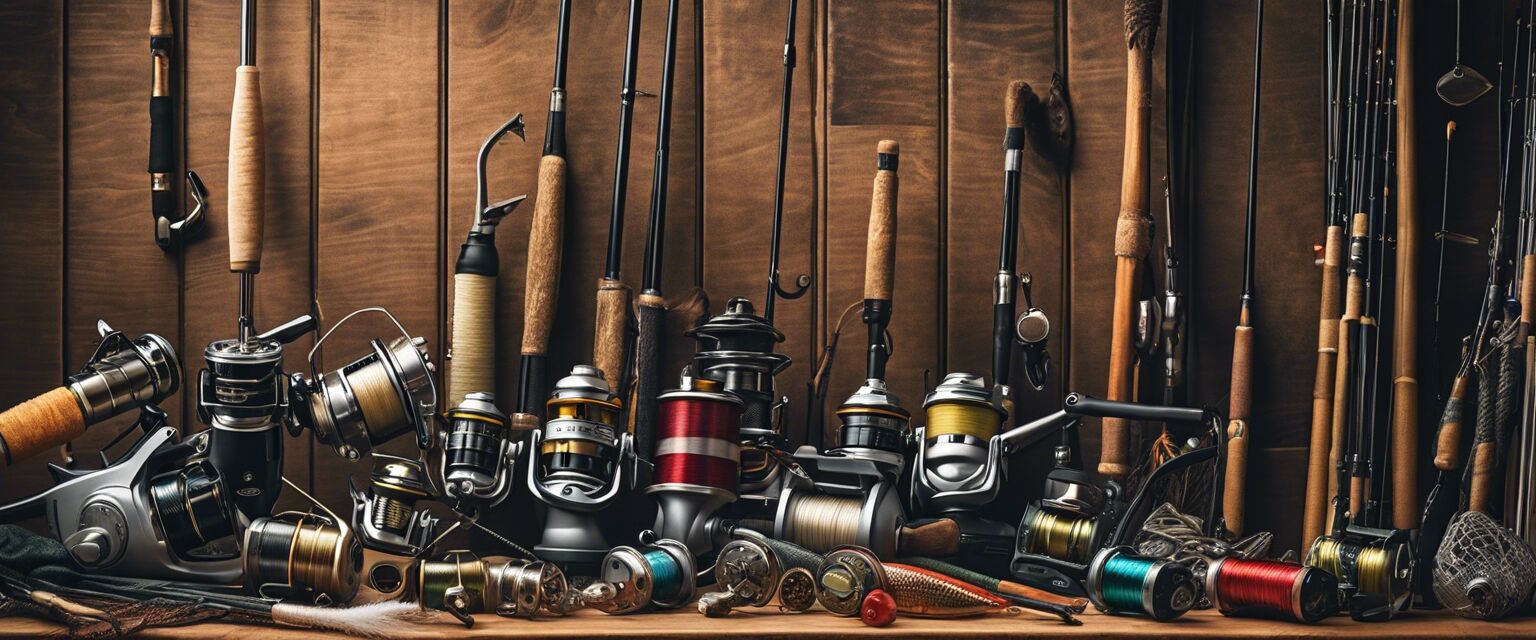
Top Freshwater Fishing Techniques
Mastering various techniques can significantly enhance your fishing success. Below are the most effective methods:
- Casting: Essential for accurately delivering your lure or bait to specific locations.
- Trolling: Effective for covering large areas and finding active fish.
- Bottom Fishing: Ideal for catching species that dwell near the lakebed.
Factors to Consider When Fishing
When planning your fishing trip, remember to consider:
- Weather Conditions: Fish behavior changes with weather; cloudy days can yield better catches.
- Water Temperature: Most species are more active in certain temperature ranges.
- Time of Day: Early mornings and evenings are prime times for fishing.
- Local Regulations: Always check fishing regulations pertaining to size, catch limits, and licenses.
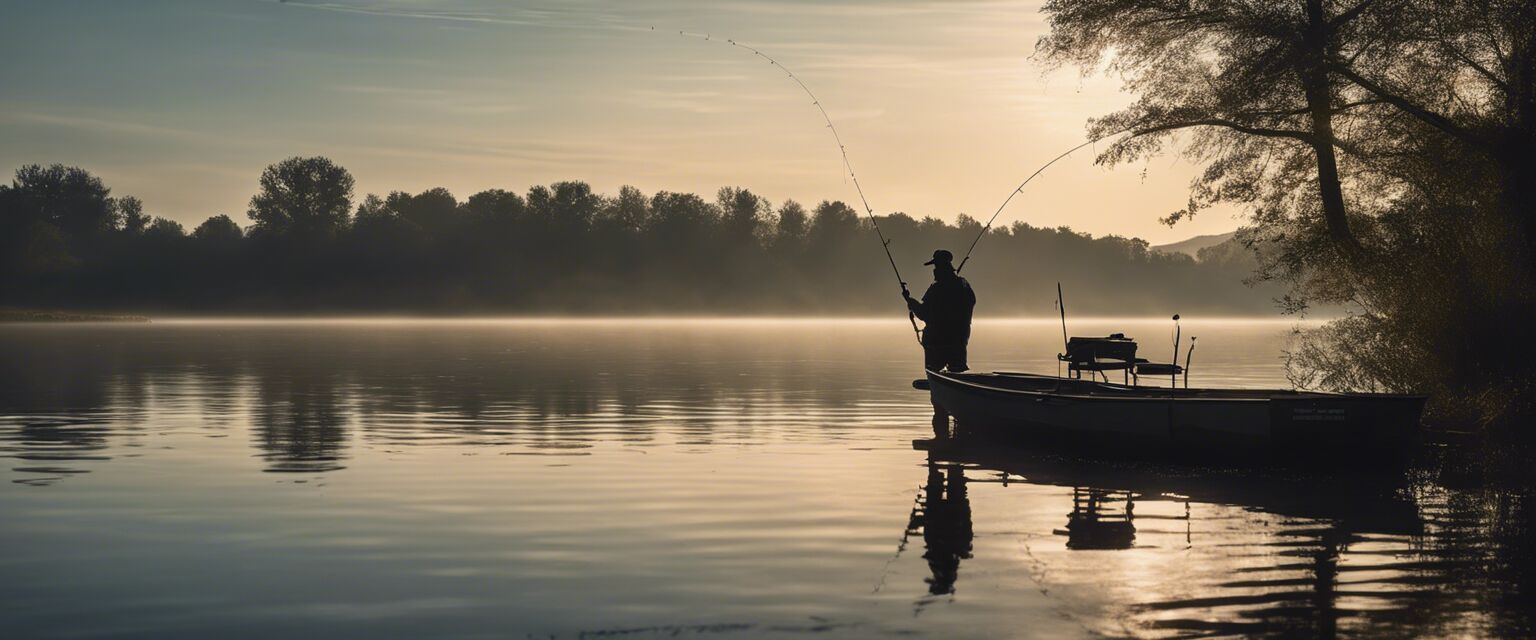
Tips for Beginners
Getting Started
If you're new to freshwater fishing, here are some useful tips to get you started:
- Start with simple equipment; a basic spinning rod and reel combo is a great choice.
- Learn basic knots for securing your bait and tackle.
- Practice casting in an open area before heading out on the water.
- Be patient; fishing is often about waiting for the right moment.
Resources for Freshwater Fishing
For further reading and detailed guides, check out our related pages:
Conclusion
Freshwater fishing can be a fulfilling hobby, whether you are looking to catch your dinner or just enjoy the tranquility of nature. With the right gear, knowledge of species, and understanding of good fishing practices, you can become a skilled angler in no time. We hope this guide has equipped you with the essential insights to make your fishing adventures successful.
Pros
- Enjoys a peaceful environment.
- Strengthens family and friend bonds.
- Promotes outdoor activity and relaxation.
Cons
- Weather can affect fishing conditions.
- Requires patience and skill development.
- Possible regulations and license requirements.
